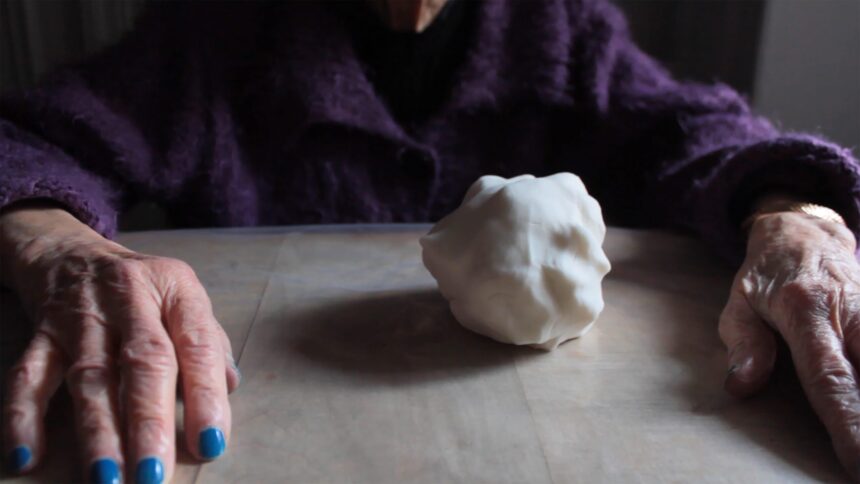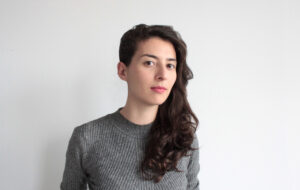

Judith Deschamps, Finitude and sublimation: AI at the end of life
PROJECT OWNER(S)
Judith Deschamps
IN COLLABORATION WITH
EA 1569 Critical and dynamic transfer of knowledge (TransCrit), ED31 Practices and theories of meaningThis multi-disciplinary research-creation questions the role that co-creation with artificial intelligence (AI) can play in several aspects: in accompanying dependent, elderly people, in passing from life to death, and in sublimating fears and/or pain related to our finite nature. By examining the links between technological evolution and a long history of the sublimation of the body, the aim here is to develop a “sublimatory” artistic device that will take into account the imaginary and physical transformations linked to old age and the end of life. Starting with Plato’s theology onward, to medieval alchemy, through to twentieth-century psychoanalysis, or computation in the twenty-first, sublimation envisions the detachment of the spirit from its bodily anchoring point. Rooted in this tradition of thought, artificial intelligenc does not take into account the evolving reality of bodies nor the richness of other sensibilities such as those of the elderly. Thus we find them amputated from an imaginary world necessary to the acceptance of old age and death in society. In this project, a series of writing workshops, using clay and an artificial text generator, were given to people living in an institution for dependent elderly people (Ehpad). In so doing, they were invited to produce a work of art using both text and audio, intended to be presented in art centers. In an appropriation of AI by an elderly public, the participants thus engaged in a sensory relationship with technology, essential to awakening an ethical awareness of old age and the end of life. This non-oppositional perspective, where AI integrates the bodily dimension of the being and frees itself from body/mind and human/machine dualities, offers a collaborative, spiritual and artistic alternative to purely technological solutionism.
Biography

Judith Deschamps received her education in France and the United Kingdom. Her multi-disciplinary approach combines performance, film, sculpture and installation. With a feminist perspective, she employs historical, cultural and religious references to capture contemporary social and technological conceptions and uses. She was part of the 2020/2021 artistic research residency program at IRCAM (Sound Analysis and Synthesis team) and has exhibited in places such as the Pompidou Center and the Musée d’Art et d’Histoire du Judaïsme (Museum of the Art and History of Judaism) in Paris, the FRAC Grand Large in Dunkirk, the Casino Luxembourg in Luxembourg, and De Appel in Amsterdam.
web : https://judithdeschamps.com/
PROJECT TEAM
Direction: Arnaud Regnauld, Vice-president of research at the University of Paris 8, Professor of Literature (TransCrit), specialized in Literature and Digital Arts.











